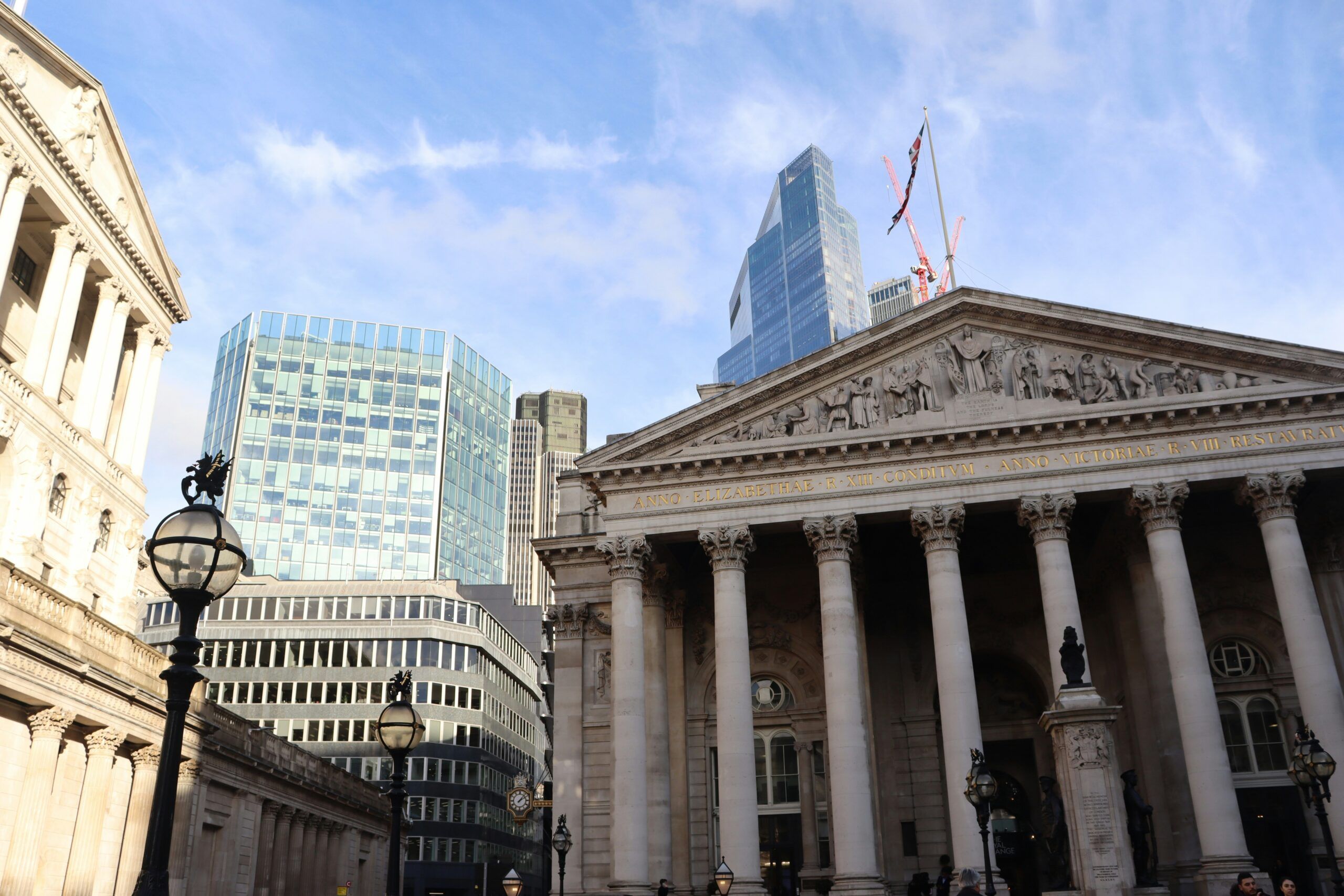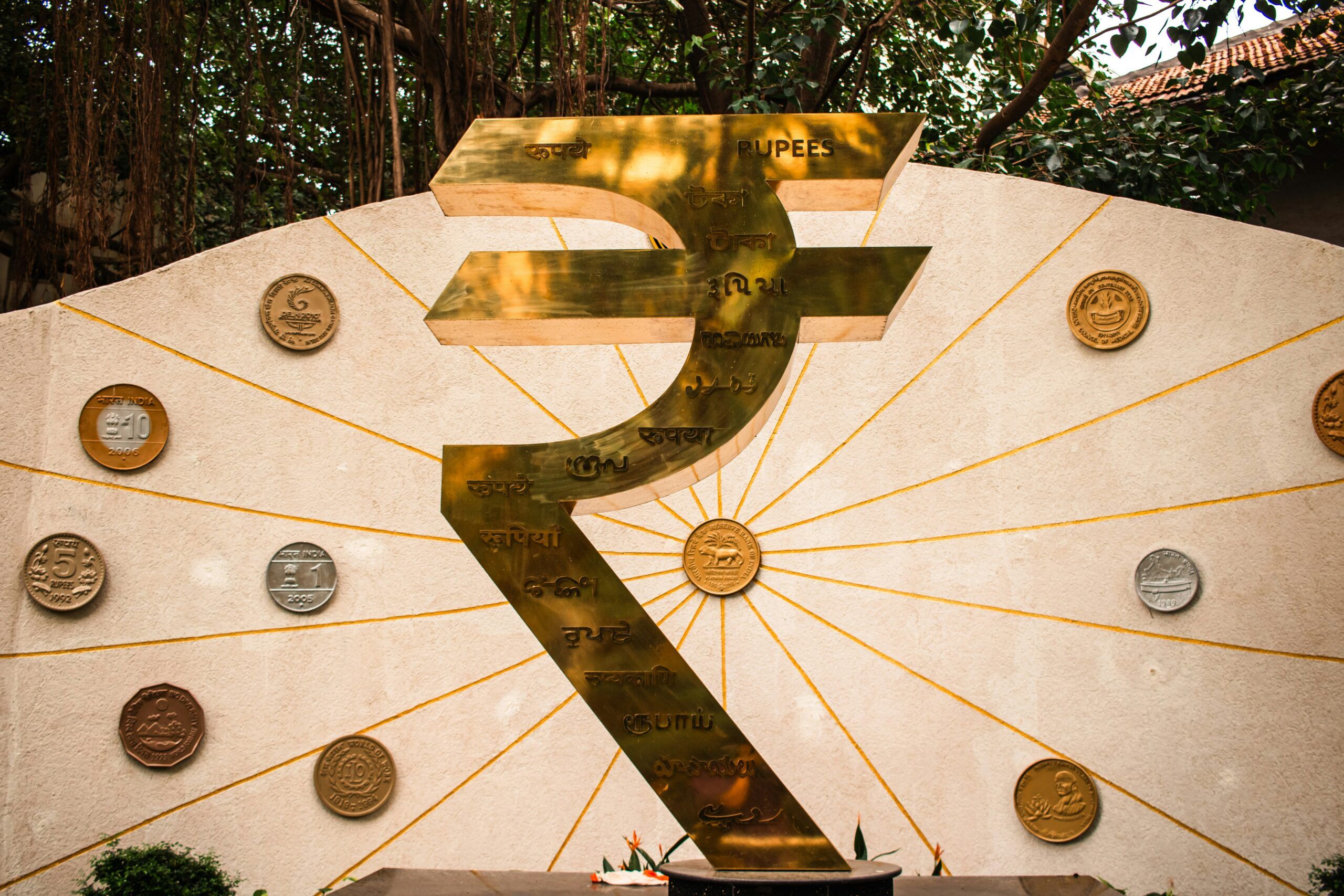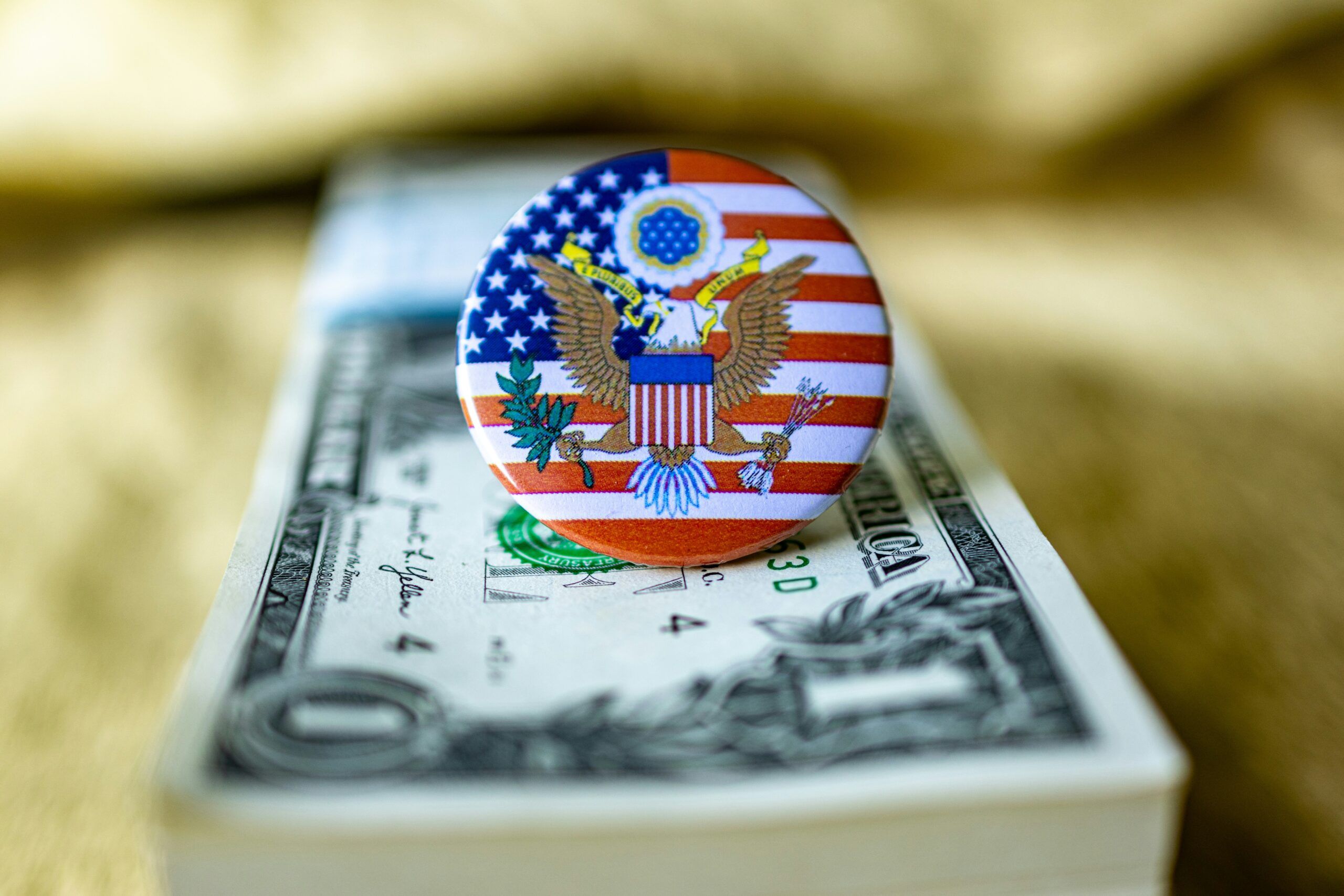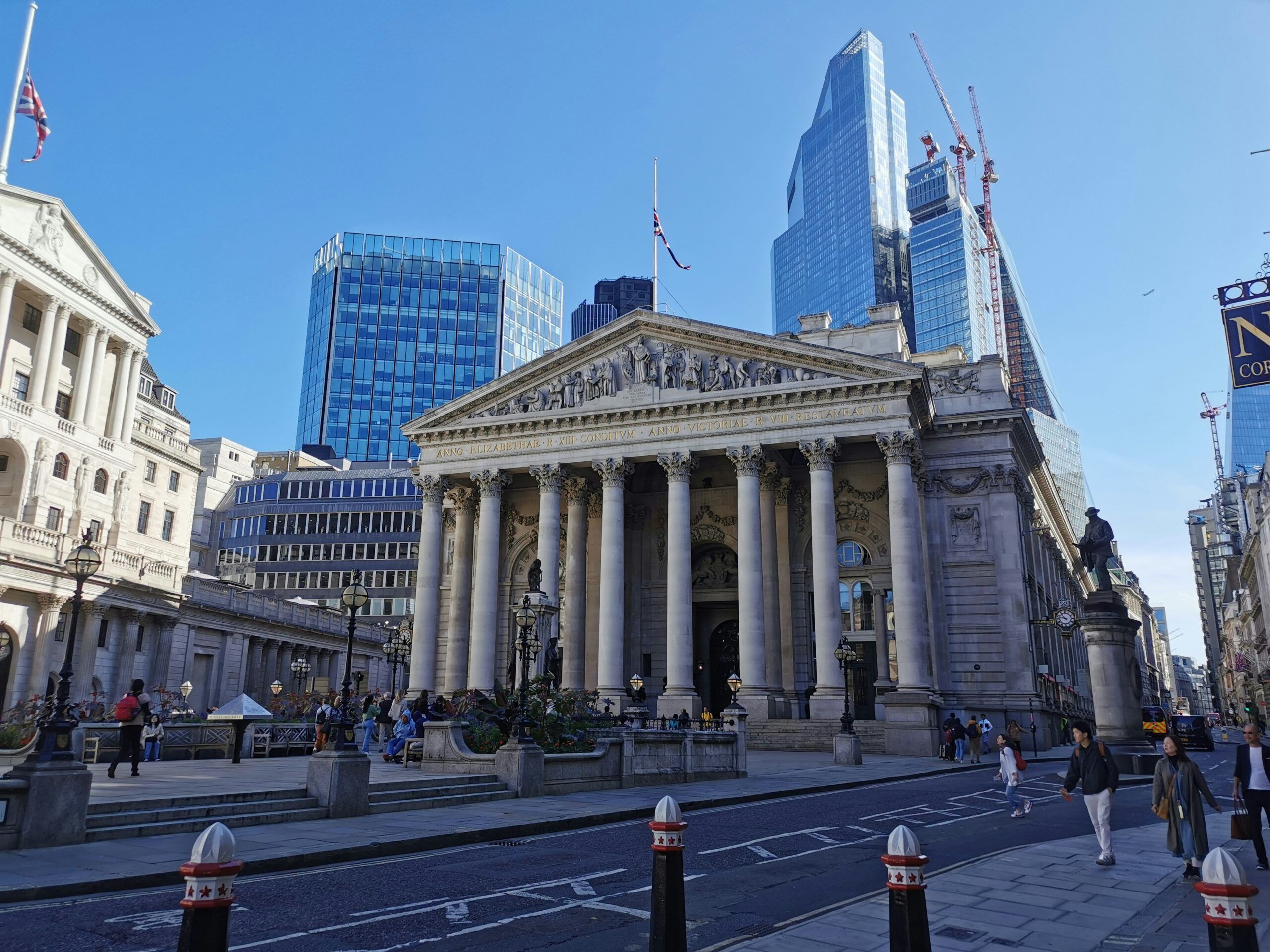Brushstrokes and Balance Sheets: How AI Is Repainting Art and Banking
From the Renaissance studio to the modern trading floor, two seemingly distant worlds—art and banking—have always been connected by one invisible thread: the search for value. Whether it’s a painter layering pigments to capture light or a banker layering risk models to capture returns, both are engaged in acts of creation, interpretation, and persuasion.
Now, artificial intelligence (AI) has arrived like a disruptive patron, commissioning both artists and bankers to work in new ways. The same algorithms that can conjure a Rembrandt-style portrait from a text prompt can also forecast market movements or detect financial fraud. And the parallels go far deeper than the surface.
The Canvas and the Ledger: Shared Foundations
An artist approaches a blank canvas much as a banker approaches an empty ledger: with a vision.
- In art, the blank space is filled with form, colour, and emotion.
- In banking, the empty page becomes a structured composition of numbers, risk assessments, and projected returns.
Both require a deep understanding of patterns. Where the painter sees symmetry, contrast, and movement, the banker sees cashflows, volatility curves, and correlations. AI’s great leap is its ability to read these patterns at a scale and speed that neither the artist’s eye nor the banker’s intuition could match.
Pigments and Portfolios: Building Value from Components
In the studio, a painting is built layer by layer—each pigment, glaze, and stroke contributing to the final image. In banking, portfolios are assembled asset by asset—each bond, share, or commodity adding to the whole.
AI is transforming both processes:
- In art, generative models mix visual “pigments” from vast training datasets, producing new images in seconds.
- In banking, AI blends financial “pigments” from global data streams, assembling portfolios that respond dynamically to changing conditions.
In both cases, the craft lies not in laying down every layer by hand, but in directing the composition—knowing which elements to combine and in what proportion.
The Curator and the Risk Manager: Gatekeepers of Quality
Art galleries rely on curators to select, frame, and present works in a way that resonates. Banks rely on risk managers to select, structure, and present investment opportunities that align with a client’s goals.
AI can assist both roles:
The AI curator can scan millions of artworks to find emerging styles or undervalued pieces.
- The AI risk manager can analyse decades of market data to spot anomalies and opportunities before they’re visible to humans.
But in both worlds, the danger is the same: without a human curator or risk manager applying judgment, AI may promote works (or investments) that look promising in the data but lack lasting value.
Forgery and Fraud: The Dark Arts of Both Worlds
In art, forgery undermines trust in the market. In banking, fraud does the same. Both rely on deception—passing off something false as genuine.
AI is a double-edged sword here:
- It can create near-perfect forgeries of artistic styles, challenging the notion of authenticity.
- It can also produce synthetic financial documents or deepfake identities to bypass security.
Yet the same technology can also protect both industries. AI can detect subtle inconsistencies in brushwork that reveal an art forgery, just as it can detect unusual transaction patterns that signal financial fraud.
Auctions and IPOs: Moments of Market Truth
An art auction is a public performance of value discovery. Bidders raise paddles in response to the perceived worth of a work. An initial public offering (IPO) plays out similarly—investors subscribe to shares at a price determined by demand and expectation.
AI’s role in both is growing:
- In the auction world, algorithms predict hammer prices based on past sales, artist trajectory, and collector sentiment.
- In the IPO world, AI models assess market appetite, optimal pricing, and timing.
In both cases, AI becomes the backstage analyst, advising on how to position an asset—whether that asset is a painting or a stock.
Commissions and Structured Products: Tailored Creations
Wealthy patrons once commissioned paintings to match their tastes and ambitions. Today’s high-net-worth individuals commission financial products—structured notes, bespoke funds, or AMCs—designed to fit their risk appetite.
AI accelerates customisation in both:
- In art, an AI model can adapt its style instantly to a patron’s preference—more chiaroscuro here, a hint of Cubism there.
- In banking, AI can assemble a product mix tailored to the client’s income goals, tax situation, and ethical preferences.
The patron’s role is the same: to articulate intent clearly enough for the creator—human or AI—to deliver the desired outcome.
Restoration and Portfolio Rebalancing: Preserving Value Over Time
Art restoration keeps old masterpieces vibrant, repairing damage while respecting the original vision. In finance, portfolio rebalancing preserves the health of an investment over time, correcting drift while respecting the original strategy.
AI is bringing precision to both:
- In restoration, AI can analyse old pigments to match colours exactly or reconstruct missing details based on historical records.
- In finance, AI can detect micro-shifts in asset performance and rebalance automatically to maintain alignment with objectives.
Both aim to maintain integrity—ensuring that what was once valuable remains so in the present.
Emotional Impact vs. Financial Impact
While art seeks to move the heart and finance seeks to move the bottom line, both ultimately trade in trust and perception. A painting’s value is what someone believes it’s worth; a bond’s price is what the market believes it will return. AI changes how both perceptions are formed.
- In art, algorithms can simulate the emotional weight of colour, light, and composition, influencing what audiences respond to.
- In finance, algorithms simulate the likely outcomes of investments, influencing where capital flows.
The parallel is clear: AI’s predictions become part of the reality they describe, shaping demand in both markets.
The Artist and the Banker: Directors, Not Replacements
One fear looms large: will AI replace the artist and the banker? The more fitting analogy is that AI moves them both from craftspeople to directors.
- The AI-assisted artist might spend less time perfecting brushwork and more time conceptualising themes and narratives.
- The AI-assisted banker might spend less time crunching numbers and more time interpreting insights and advising clients.
In both cases, the human becomes the storyteller—the one who frames the work, whether that work is a painting that hangs in a gallery or a portfolio that lives in a private bank’s vault.
A Shared AI Renaissance
The Renaissance was not just a rebirth of art; it was also a financial revolution, with the rise of merchant banks funding the projects that defined the era. Today’s AI revolution could be another shared chapter.
Imagine:
- AI curates an investment portfolio composed partly of tokenised artworks, valuing them with the same predictive analytics it uses for equities.
- Art collectors use AI to generate, authenticate, and value works that are instantly tradable as financial instruments.
The boundaries blur. A masterpiece can be both an aesthetic object and a yield-generating asset. A bond can be both a source of income and a cultural statement, linked to projects that create beauty as well as profit.
Conclusion: Guarding the Frame
Whether you’re painting on canvas or painting numbers onto a balance sheet, the challenge in the AI era is the same: to use the machine’s capabilities without letting it define the work entirely.
Frames matter—in art, they focus the eye; in banking, they define the rules. AI can fill the frame with astonishing skill, but it takes human vision to decide what belongs inside it.
The artist and the banker have more in common than they might think. Both are in the business of shaping perception, guiding value, and leaving a mark that endures. AI is simply the newest brush in their toolkit, capable of making every stroke sharper, faster, and more intricate—provided they still hold the brush.










